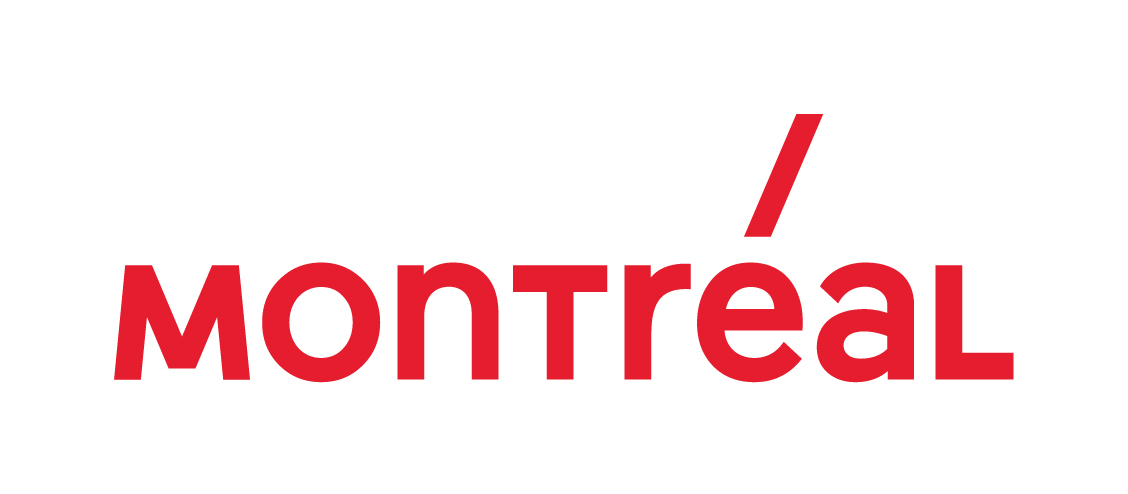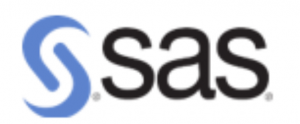Call for Papers
EDM 2019: the 12th International Conference on Educational Data Mining
https://educationaldatamining.org/edm2019/
Educational Data Mining in Open-Ended Domains
Educational Data Mining is a leading international forum for high-quality research that mines data sets to answer educational research questions that shed light on the learning process. These data sets may originate from a variety of learning contexts, including learning management systems, interactive learning environments, intelligent tutoring systems, educational games, and data-rich learning activities. Educational data mining considers a wide variety of types of data, including but not limited to raw log files, student-produced artifacts, discourse, multimodal streams such as eye-tracking, and other sensor data. The overarching goal of the Educational Data Mining research community is to better support learners by developing data-driven understandings of the learning process in a wide variety of contexts and for diverse learners.
The theme of this year’s conference is EDM in Open-Ended Domains. As EDM has matured it has increasingly been applied to open-ended and ill-defined tasks such as writing, design, and collaborative problem solving. And it has been used in new informal contexts where student actions are at best semi-structured. For this 12th iteration of the conference we specifically welcome research in these new areas.
Topics of interest
Topics of interest to the conference include but are not limited to:
-
- Modeling student and group interaction for guidance and collaborative problem-solving.
- Deriving representations of domain knowledge from data.
- Modeling real-world problem solving in open-ended domains.
- Detecting and addressing students’ affective and emotional states.
- Informing data mining research with educational theory.
- Developing new techniques for mining educational data.
- Data mining to understand how learners interact in formal and informal educational contexts.
- Modeling students’ affective states and engagement with multimodal data.
- Synthesizing rich data to inform students and educators.
- Bridging data mining and learning sciences.
- Applying social network analysis to support student interactions.
- Legal and social policies to govern EDM.
- Developing generic frameworks, techniques, research methods, and approaches for EDM.
- Closing the loop between EDM research and educational outcomes to yield actionable advice.
- Automatically assessing student knowledge.
Submission Types
- Full Papers — 10 pages. Should describe original, substantive, mature, and unpublished work.
- Short Papers — 6 pages. Should describe original, unpublished work. This includes early stage, less developed works in progress.
- JEDM Journal Track Papers — Papers submitted to the Journal of Educational Data Mining track (and accepted before April 11th) will be published in JEDM and presented during the JEDM track of the conference.
- Industry Papers — 6 pages. Should describe innovative uses of EDM techniques in a commercial setting.
- Doctoral Consortium — 2-4 pages. Should describe the graduate/postgraduate student’s research topic, proposed contributions, results so far, and aspects of the research on which advice is sought.
- Posters/Demos— 2-4 pages. Posters should describe original unpublished work in progress or last-minute results. Demos should describe EDM tools and systems, or educational systems that use EDM techniques.
JEDM track papers should be formatted according to the JEDM guidelines and should be submitted to the journal directly at:
https://jedm.educationaldatamining.org/index.php/JEDM/about/submissions
All other papers should be formatted according to the EDM template:
- Word: http://educationaldatamining.org/EDM2016/files/edm_word_template.doc
- LaTeX: http://educationaldatamining.org/EDM2016/files/edm_latex.zip
and should be submitted to EasyChair at:
https://easychair.org/conferences/?conf=edm2019
Once on this page, select the relevant track (JEDM, Workshops and tutorials, Industry, or Posters).
All accepted papers will be published in the open-access proceedings of the conference, with the exception of the Journal track as stated above. All paper submissions will be evaluated using double-blind reviewing. Prospective authors should blind their papers hiding author names and affiliations in their original submission so that they can be evaluated on their merits.
Workshops and Tutorials
We invite Workshop and Tutorial proposal — 2-4 pages. Workshops should describe an emerging subfield and the plan organizers have to build growth in this new area. Tutorials should describe a tool or method, the organizers and their expertise, and a plan for attendees to learn it in a hands-on way.
Important Dates
| Workshop and Tutorial proposals | January 14, 2019, 11:59 PM PST |
| Abstracts for full and short papers | February 24, 2019, 11:59 PM PST |
| Full papers, short papers, and demos | March 4, 2019, 11:59 PM PST |
| JEDM track papers | December 21, 2018, 11:59 PM PST |
| Industry papers | March 4, 2019, 11:59 PM PST |
| Posters and doctoral consortium papers | March 21, 2019, 11:59 PM PST |
| Acceptance notifications for workshops and tutorials | February 4, 2019, 11:59 PM PST |
| Acceptance notifications for full and short papers | April 11, 2019, 11:59 PM PST |
| Acceptance notifications for posters | April 19, 2019, 11:59 PM PST |
| Camera-ready copy due | May 1, 2019, 11:59 PM PST |
| Due dates and acceptance notifications for workshops | Set by workshop organizers |
Hope to see you all at EDM 2019 in Montreal!








